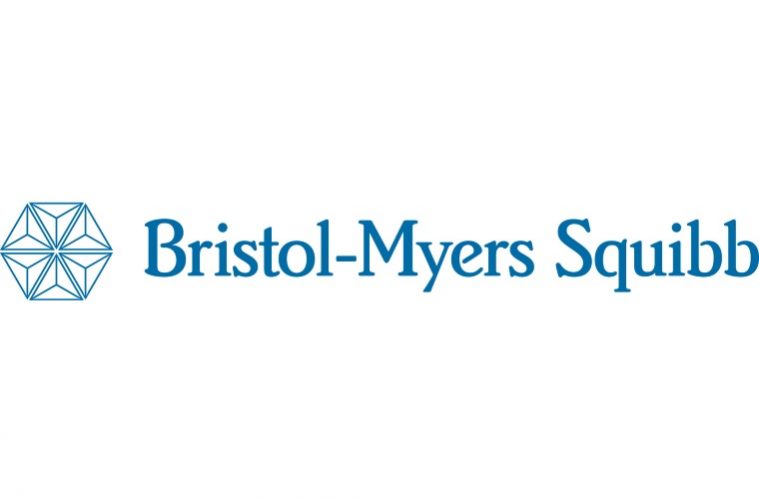(Uxbridge, Middlesex, 12 June 2017) – Bristol-Myers Squibb today announced that the Scottish Medicines Consortium (SMC) has recommended the cancer immunotherapy, Opdivo (nivolumab) to treat Scottish NHS patients with an advanced stage of the most common form of kidney cancer, after prior therapy.0F1 Nivolumab, a treatment shown to provide significant survival benefit over current therapy, is therefore now available in Scotland.1F2 The decision, which marks a reversal of a previous recommendation issued in November 2016, will impact adult patients with advanced renal cell carcinoma (RCC) who have received prior therapy.
Over the last 10 years the incidence of kidney cancer in Scotland has risen by 25%,2F3 with around 1,100 people being diagnosed in 2014.3F4 Mortality is also higher in Scotland compared to England, and in 2014 over 490 people died of this disease.4F5 In Scotland, approximately one in four cases of kidney cancer (24%) are diagnosed when the patient is at an advanced stage and the prognosis is likely to be poor.4
“This important decision will be welcome news for many patients with advanced kidney cancer,” commented Professor Rob Jones, Professor of Clinical Cancer Research, University of Glasgow. “By targeting the immune system to fight the cancer, nivolumab offers the potential to improve survival with a more favourable side effect profile compared to standard treatment. The use of a checkpoint inhibitor like nivolumab is a new mode of therapy in kidney cancer that offers a different way of treating this disease.”
The SMC recommendation is based on a pivotal Phase III clinical study in which patients who were treated with nivolumab, after their previous therapy was no longer effective, lived for an average of 6.3 months longer than those who received standard targeted therapy, everolimus (26 months [95% CI: 22.2-29.6] versus 19.7 months [95% CI: 17.6-22.3] respectively).2 Additionally, nivolumab provided an improved quality of life and patients experienced fewer grade 3-4 treatment-related side effects compared to everolimus.2
“We are very pleased that the SMC has today approved nivolumab for kidney cancer patients across Scotland,” said Karen McNee, Regional Development Manager, Kidney Cancer Scotland. “The rapid
Job bag number: 1506UK1700645-01 Date of preparation: June 2017
advancement of immunotherapy at trials level over recent years has shown great promise to patients and now that promise comes to fruition. The data has shown how important this drug is and how it can improve the quality of life and offer renewed hope and future for patients who had very limited options once other treatments fail them. Nivolumab is the first immunotherapy medicine available to these patients and treats the condition in a completely different way to existing medicines. We as a Charity, worked tirelessly on behalf of patients and with the SMC to achieve this reversal of the November recommendation, to ensure patients received this vital outcome they deserve. The approval of nivolumab shines a light on hope for Scottish kidney cancer patients and we could not be more delighted.”
Nivolumab is one of a class of immunotherapy medicines called PD-1 immune checkpoint inhibitors.5F6 It is the only treatment to show a median overall survival of over two years in previously treated patients with advanced kidney cancer.2 Nivolumab works by harnessing the ability of the immune system to fight advanced forms of kidney cancer, lung cancer, melanoma (a type of skin cancer), head and neck cancer and classical Hodgkin lymphoma.6
“We are delighted that, after a review of additional evidence, the SMC has recognised the importance of nivolumab as a treatment option for advanced kidney cancer patients in Scotland. We are pleased that patients will now have a medicine available to them which has shown significant survival benefits compared to a current standard of care,” said Benjamin Hickey, General Manager, Bristol-Myers Squibb UK and Ireland. “Nivolumab is one of the biggest advances in cancer treatment for decades and we continue to see positive results across multiple tumour types. We are committed to ensuring as many patients as possible can benefit from this landmark treatment.”


